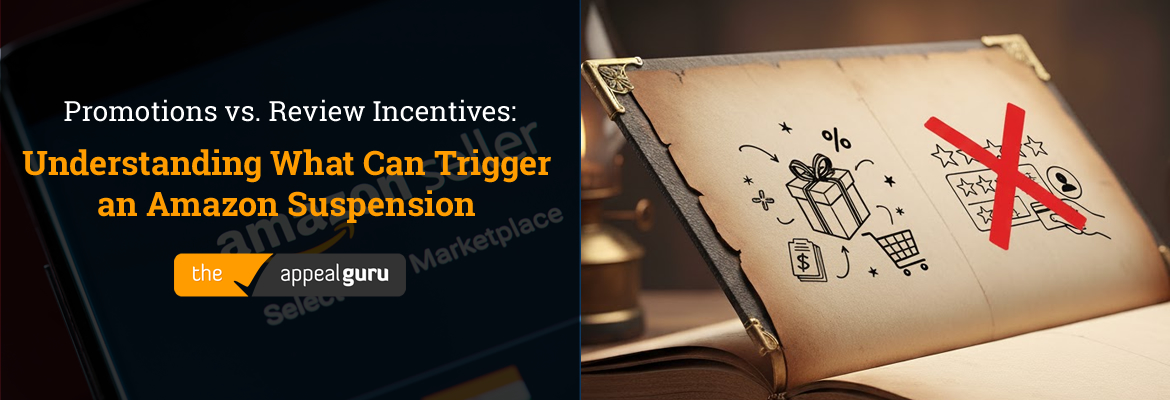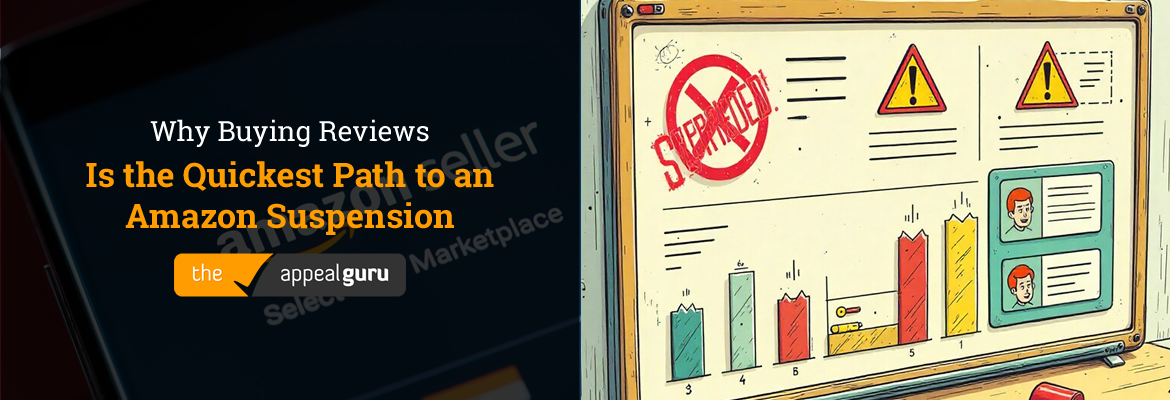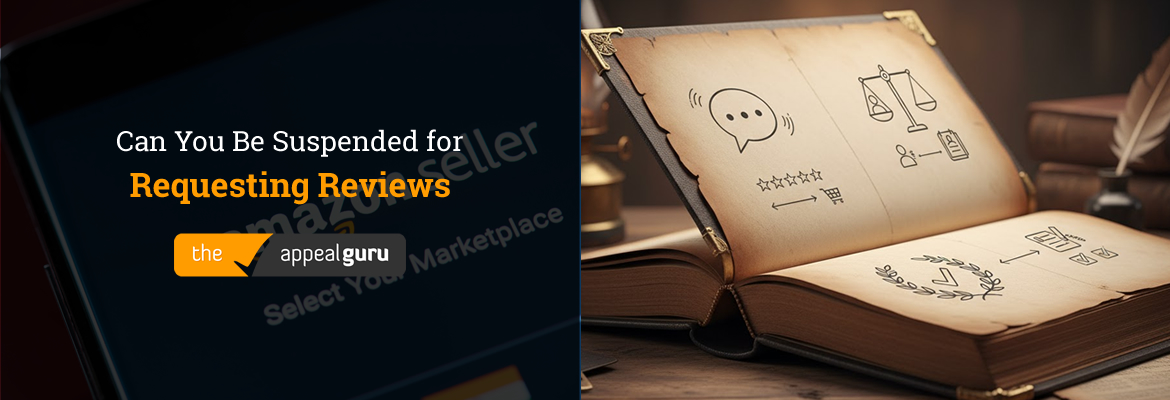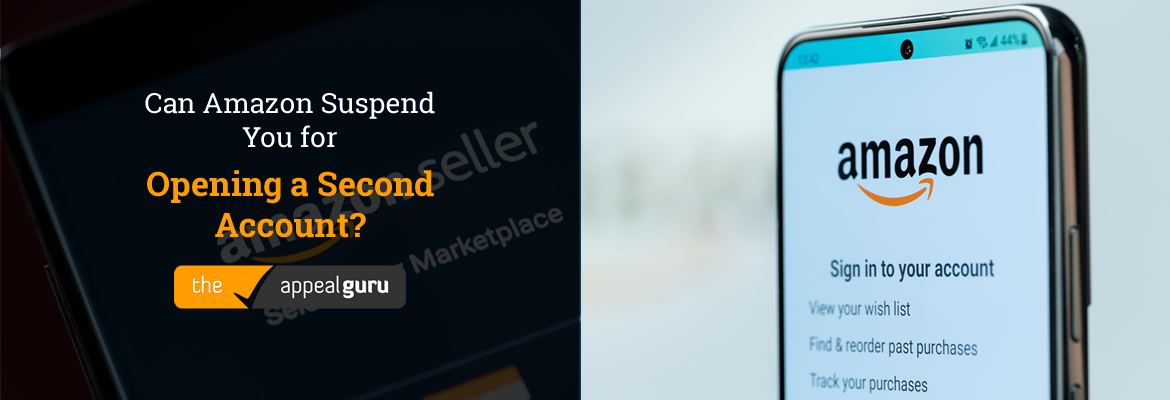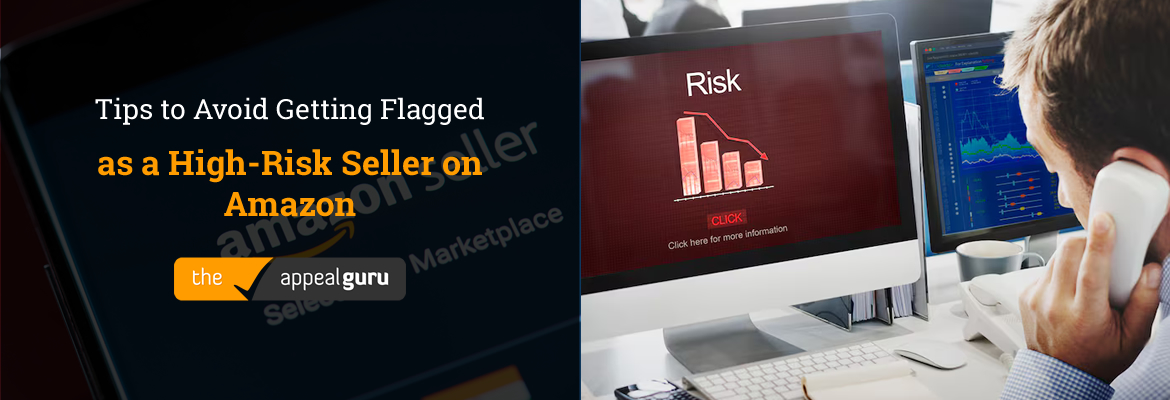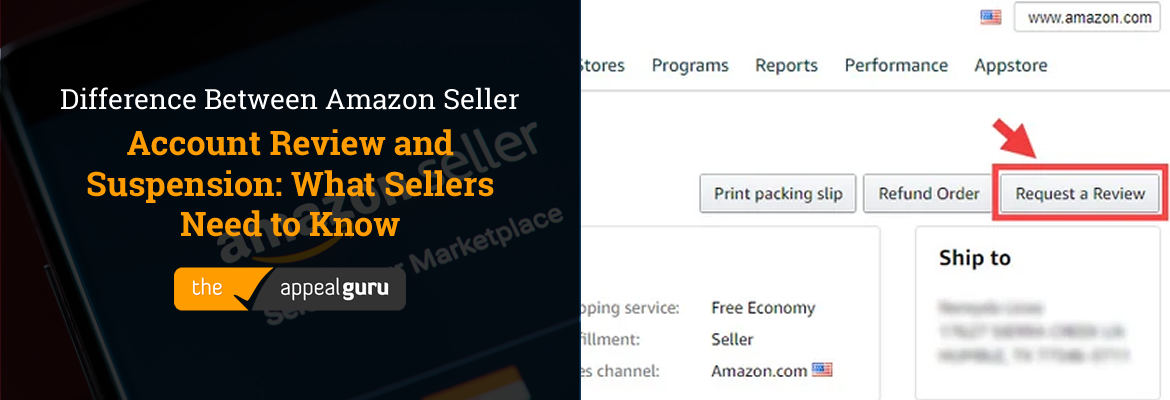
For Amazon sellers, running promotions is a powerful way to increase sales velocity, boost visibility, and drive organic ranking. But there is a sensitive balance between legitimate promotions and activities that Amazon considers review manipulation. Crossing that line—even unintentionally—can result in an Amazon suspension. To protect your business, it’s crucial to understand the difference between safe promotional strategies and risky tactics that fall into the “incentivized review” category.
Why Promotions Matter So Much for Amazon Sellers
Promotions are an essential part of any product launch or scaling strategy. They help you stand out in crowded categories, especially if you’re still building your brand presence. Whether you’re setting up an Amazon store from scratch or improving an existing ASIN, promotions increase discovery and help customers choose your product over competitors. But the push to get more reviews often causes sellers to misunderstand what is allowed and what is strictly prohibited.
The confusion usually begins when sellers mix promotional activities with requests for positive reviews. Even if the intention is harmless, Amazon’s systems treat any connection between discounts and reviews as manipulation.
Amazon’s Strict Stance on Review Incentives
Amazon prohibits any activity where a review is influenced by compensation of any kind. This includes:
• Offering discounts in exchange for reviews
• Giving free products in return for feedback
• Providing refunds or rebates tied to a review
• Using language such as “leave a review and get a reward”
• Sending follow-up messages that imply an expected rating
• Asking customers to change a negative review in return for compensation
Even if you don’t explicitly ask for a positive review, the mere connection between a promotion and feedback can be flagged. Amazon’s algorithms analyze buyer behavior, pricing history, message patterns, and cross-account activity to detect anything unusual. If detected, your account may be put under review, and an Amazon suspension could follow.
Promotions That Are Safe and Allowed
Amazon allows sellers to run a variety of legitimate promotional activities to boost traffic and sales. These include:
• Lightning deals
• Coupons
• Percentage-off discounts
• Social media promo codes
• Seasonal offers
• Deal-of-the-day promotions
• Advertising campaigns via Amazon PPC services
These promotions are considered safe as long as they are not tied to any request for a review. Sellers often forget that even indirect encouragement can be interpreted as manipulation. To stay safe, promotions must focus solely on sales—not feedback.
Where Sellers Accidentally Cross the Line
Many Amazon sellers unknowingly engage in activities that violate the rules. Common mistakes include:
• Sending an email after a discounted purchase requesting a review
• Providing free products through “tester groups”
• Using social media campaigns that ask participants to buy, rate, and review
• Requesting reviewers from closed communities
• Offering refunds after a review via PayPal
• Providing incentives through WhatsApp or Telegram groups
Even if these activities seem harmless, or even if “everyone else is doing it,” Amazon’s systems can detect unusual review patterns. Once flagged, your account health takes a hit, and Amazon suspension prevention becomes much harder.
How Amazon Detects Review Incentives
Amazon uses multiple layers of detection:
• Machine learning models to identify abnormal patterns
• Tracking buyer accounts linked with repeated review activity
• Monitoring groups known for fake reviews
• Detecting excessive discount-based purchases
• Identifying ASINs with disproportionate positive feedback after promotions
• Reviewing message patterns through Buyer–Seller Messaging
Once suspicious activity is found, Amazon immediately investigates. Sellers may receive policy violation warnings, listing suppression, or complete account deactivation.
The Consequences of Getting It Wrong
If Amazon concludes that your promotions were used to influence reviews, the penalties can be severe. Consequences include:
• Removal of product listings
• Loss of Buy Box eligibility
• Withholding of funds
• Damage to brand reputation
• Long-term account monitoring
• Full account deactivation
Recovering from such violations requires a detailed Plan of Action that addresses root causes, corrective steps, and future prevention. Even after reinstatement, your account will remain under closer scrutiny, making compliance even more important.
Best Practices to Stay Safe and Compliant
To avoid review-related violations and strengthen your Amazon suspension prevention efforts, you should follow these guidelines:
- Do not link promotions to reviews
Promotions should focus solely on increasing sales—not on boosting feedback. Avoid any language that suggests a review expectation. - Use the Request a Review button
This Amazon-approved feature ensures you never violate messaging guidelines. - Keep your buyer messaging clean
Avoid phrases like “honest review,” “positive review,” or “hope you loved it—leave us feedback.” Stick to neutral, compliant templates. - Monitor discount usage
Too many deep-discount purchases in a short time can look suspicious. Mix promotions with regular-priced sales. - Strengthen your product quality
When you deliver a great product and excellent customer experience, genuine reviews follow naturally. - Invest in proper Amazon store setup and optimization
High-quality listings, clear images, and strong keyword research help customers trust your brand without relying on review manipulation.
Use Amazon PPC services to drive safe, legitimate traffic
PPC helps your brand gain visibility and is 100% compliant. Ads boost your ranking and sales velocity without any policy risks.
Final Thoughts
Promotions are one of the most effective tools for growing your Amazon business, but they must be executed responsibly. When promotions become tied to review incentives, even unintentionally, your account faces significant risk. Understanding the fine line between these two activities is essential for every Amazon seller.
Avoid shortcuts, stay compliant, and focus on long-term brand growth. Whether you’re optimizing listings, refining your Amazon store setup, or scaling through Amazon PPC services, always prioritize customer trust and Amazon’s policies. That is the safest way to protect your business and prevent an Amazon suspension.

